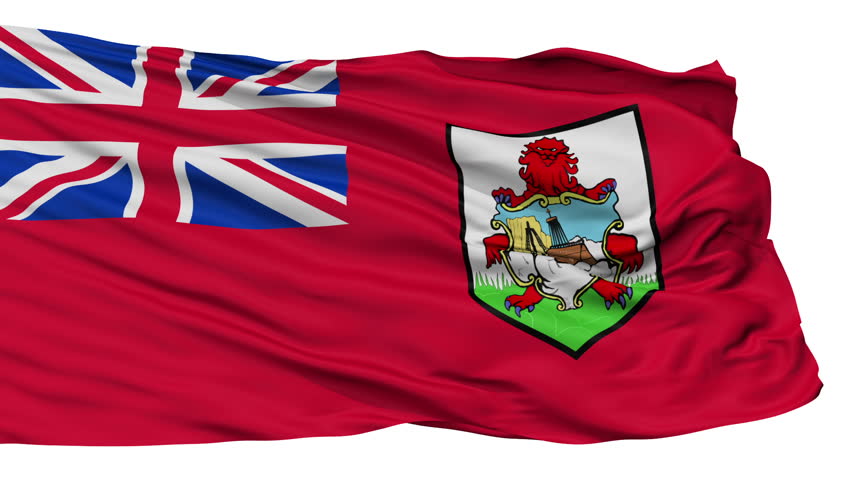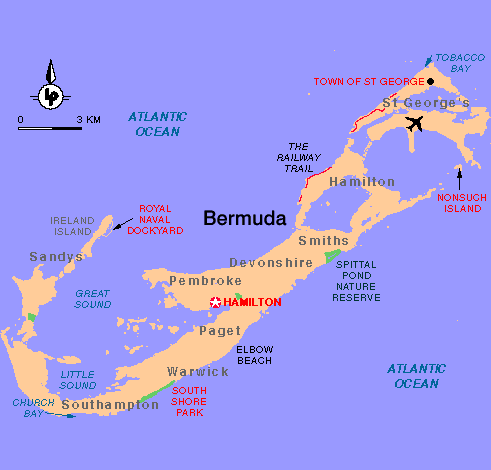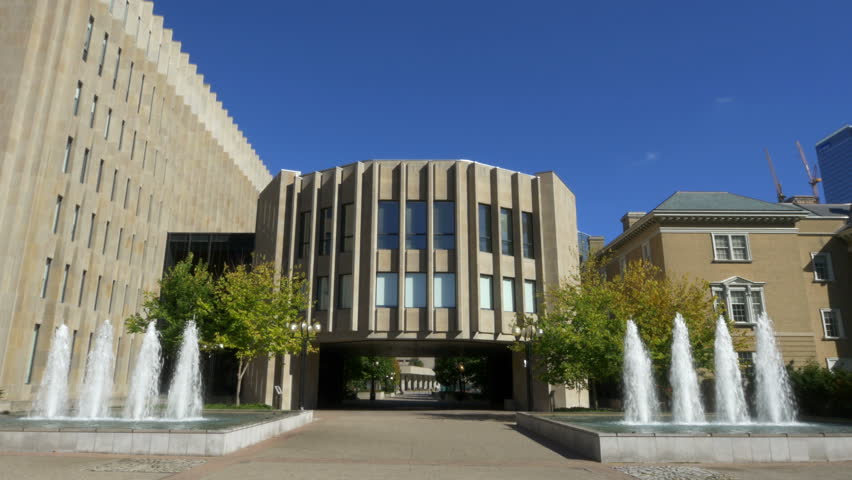
A Bermuda Trust offers foreigners a tax free, flexible, trust structure.
A Bermuda Trust is governed by several laws including the Trusts Act of 1989, the Trustee Act of 1975 (amended in 1999, 2004, and 2014), Perpetuities Act of 2009 (amended in 2015), and the Trusts Amendment Act of 2014.
These laws established Bermuda trusts to be used for estate planning, personal and financial planning, tax exemptions, and business planning. Bermuda trusts now provide:
• Asset Protection from future personal liabilities;
• Providing for spouses and dependents;
• Minimizing income tax, estate tax, inheritance tax, and capital gains tax;
• Preserving family wealth and family business continuity;
• Ownership of assets;
• Efficient distribution of assets upon the settlor’s death; and
• Establishing employee benefit and pension plans.
Background
Bermuda is a North Atlantic island and a British Oversees Territory since 1707.
Its political system is described as a “parliamentary dependency under constitutional monarchy” with an elected two house parliament and a premier. The monarchy is the British Crown. English is its official language.
Benefits
A Bermuda Trust offers the following types of benefits:
• Complete Foreign Participants: The settlor, trustee, protector, and beneficiaries can all be foreigners.
• Tax Free: Bermuda imposes no taxes on their trusts. However, U.S. taxpayers must report all global income to their IRS just like anyone subject to global income taxation must report all income to their governments.
• Flexibility: Several different types of trusts can be formed including purpose trusts, discretionary trusts, and fixed interest trusts.
• Asset Protection: Trust assets are owned by the trustee preventing future creditors of the settlor and beneficiaries from having any claims on them.
• Estate Planning: Bermuda trusts are perpetual allowing endless family estate planning benefits.
• Fast Formation: Trusts can be formed in one day.
• Privacy: Trust do not register with the government so no public records exist.
• English: Since 1707, Bermuda has been a British Overseas Territory making English the official language.

Bermuda Trust Name
Every trust must choose a name not causing confusion with other legal entity’s names in Bermuda.
The word “Trust” must appear at the end of its name.
Relationship
A trust consists of a legal relationship between the creator of the trust known as the “settlor” who transfers property called the “trust fund” to a trustee who hold legal title to the trust fund to benefit specific persons called the “beneficiaries” or for a specific purpose (with no beneficiaries). In addition, the settlor can appoint a person to watch over the trustee and to protect the beneficiaries called the “protector”.
Types of Trusts
Bermuda laws allows the formation of the following types of trusts:
1. Discretionary Trust
This type of trust provides great latitude and flexibility for the settlor. The settlor may retain certain powers after divesting his or her ownership interests in the trust fund to the trustee.
The Discretionary Trust provides the trustee with wide discretionary powers over the trust fund and when and how beneficiaries receive distributions of the trust fund’s income or capital and in what amounts. Thus, the rights of the beneficiaries are limited with no special interests in the trust fund. Full discretion remains with the trustee.
2. Charitable Trust
A charitable fund trust is created for certain purposes or objectives such as relieving poverty, advancing education or a religion, or benefitting a community, with an element of benefitting the public.
3. Fixed Interest Trust
Under this type of trust, the primary beneficiaries have a right to receive the trust fund’s income and capital without (or with little) discretion for the trustee over the distributions.
A fixed interest trust is often used for family estate planning ensuring the settlor’s heirs receive their share of the trust fund on specific terms and certain times. Settlors often limit or prevent the beneficiaries from selling or disposing their inheritance outside of the trust’s terms. Pension trusts also use the fixed interest trust structure for their pension schemes.
4. Purpose Trust
The 1989 Act introduced the non-charitable purpose trust making Bermuda the first offshore jurisdiction to create such a trust by statute.
This type of trust benefits a purpose or purposes instead of specific persons.
In 1998, the Act was amended to include commercial activities for purpose trusts. This amendment allows non-charitable purposes as long as such purposes can be carried out in a lawful manner. The amendment also eliminated “designated person” trustees which were local licensed trust companies or other professional trustees. Any trustee can conduct commercial business activities on behalf of the purpose trust.

Trust Fund
The assets (properties) transferred to the trustee by the settlor consists of the trust fund. Assets may be personal or real properties, securities, cash, personal items, or other intangible or tangible properties. The trust deed must clearly describe the assets in order to be part of the trust fund.
Ever since the 1989 Act, the trust fund is described as:
• The assets of a trust consist of a fund separate from property owned by the trustee;
• Legal title to the assets are held in the trustee’s name; and
• The trustee has powers and duties to manage and dispose of the trust’s assets under the terms of the trust to benefit the beneficiaries according to fiduciary duties prescribed by law.
Settlor
The settlor may be a natural person or a legal entity residing anywhere. Settlors may be beneficiaries and can act as a co-trustee. However, the settlor cannot be the sole beneficiary or the sole trustee of his or her own trust.
Trustee
The trustee hold title to the trust fund and administers the trust according to the terms found in the trust deed to benefit the beneficiaries or fulfill a specific purpose (purpose trust).
The trustee is a fiduciary of the beneficiaries required by law to perform certain duties to protect the trust fund and the rights of the beneficiaries.
Beneficiaries
Beneficiaries may be natural persons, companies, and other types of legal entities. They may be citizens of any country and reside anywhere in the world.
In the case of classes of persons or groups being the beneficiaries, the trustee determines which persons are or not members of the classes or groups.
Protector
The settlor usually appoints a trustworthy person such as an advisor or a friend as the protector. Appointing a protector is an option and not a requirement to form a trust.
The protector ensures that the settlor’s wishes are fulfilled by the trustee.
Rule Against Perpetuities
The Perpetuities Act of 2009 abolished the Rule against Perpetuities. Prior, the 2009 Act, the maximum lifespan for a trust was 100 years. Now trusts can be perpetual.
Taxes
Bermuda does not impose any taxes on trusts. There are no corporation, income, capital gains, gift, inheritance, or any other taxes.
Note: U.S. residents must report all income to their IRS just like everyone paying taxes on world income must report all income to their tax authorities.
Public Records
Trust do not register with the government so no public records exists about them.
Time to Form
A trust deed can be prepared in one day.
Conclusion
A Bermuda Trust provides the following benefits: 100% foreign participation, no taxes, privacy, estate planning, asset protection, flexibility, and English as the official language.


